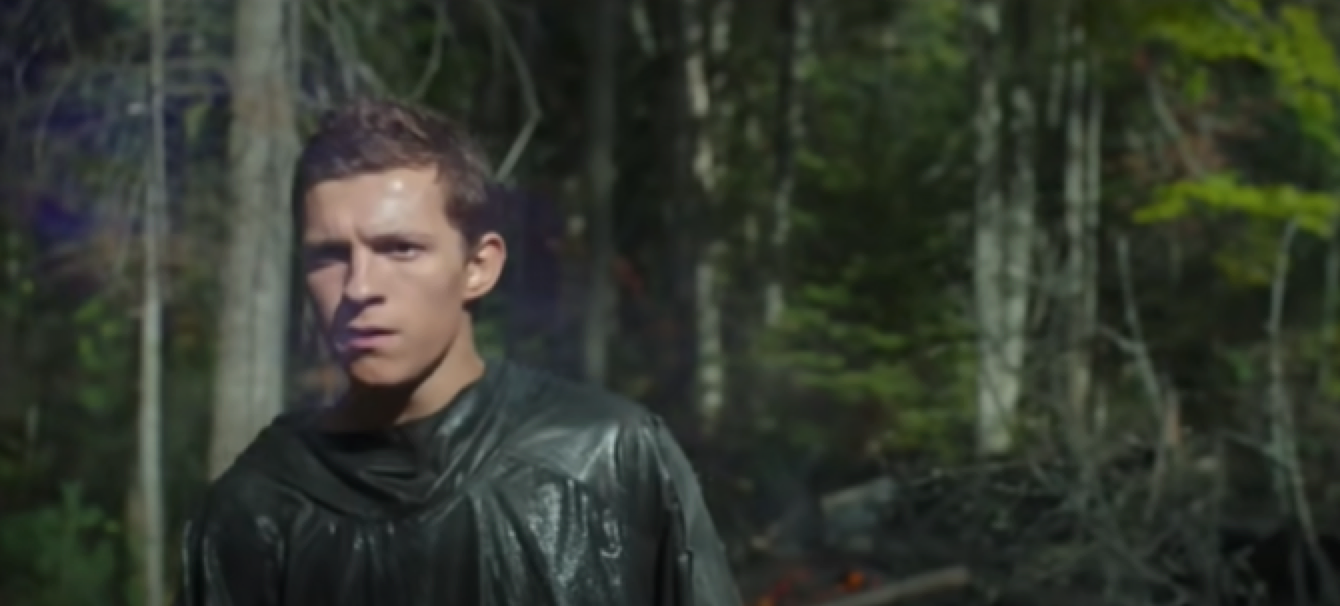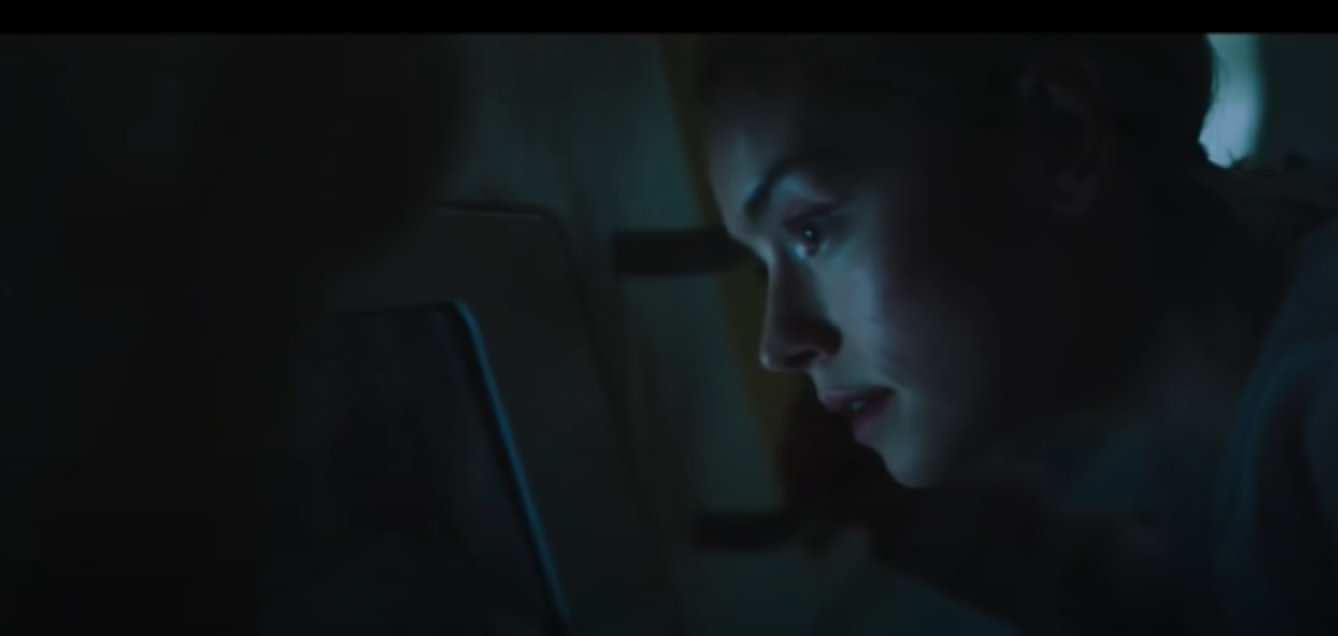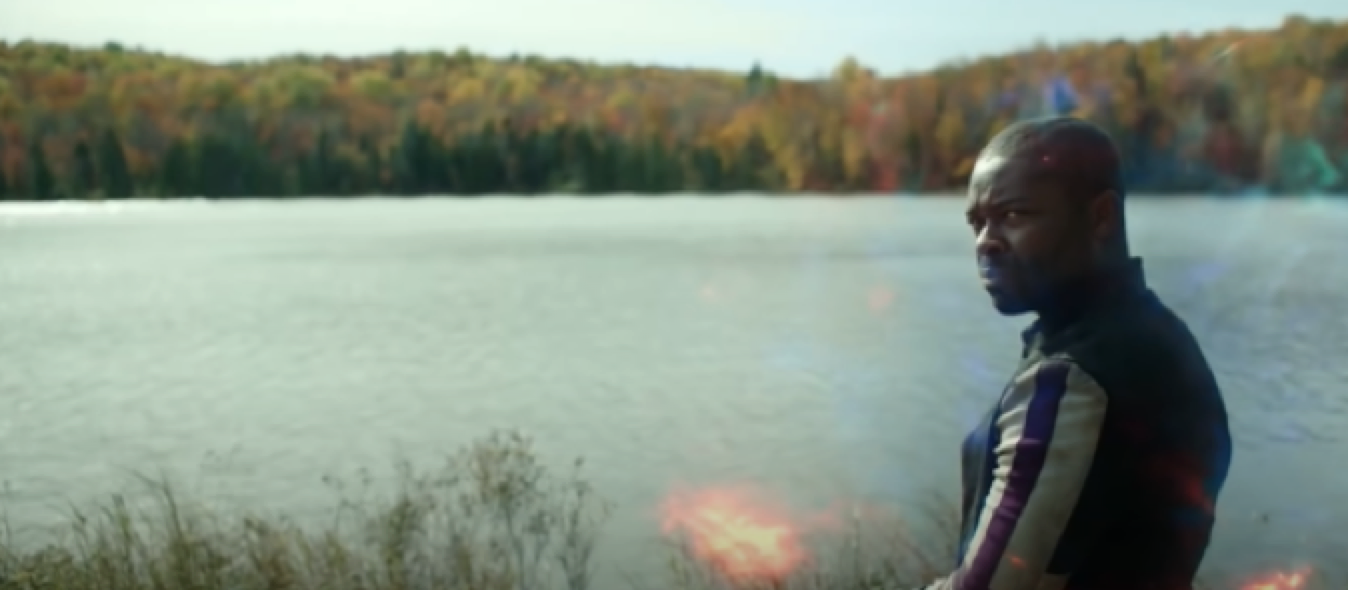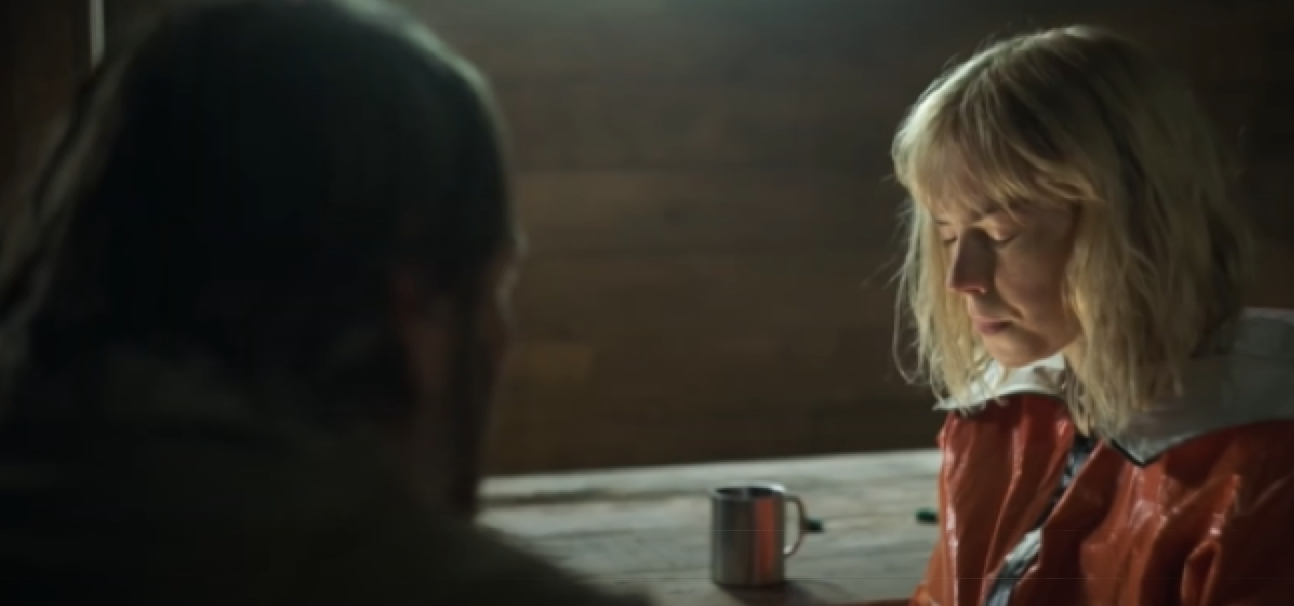THE TRAILER
THE DIRECTOR
Doug Liman
THE ACTORS
Cynthia Erivo, David Oyelowo, Daisy Ridley, Demián Bichir, Tom Holland, Nick Jonas, Daisy Ridley
THE STORY
“Chaos Walking” is a science-fiction west on a colonized world, based on the first trilogy of young adult books by Patrick Ness, where men’s thoughts may be heard by others. This is a fertile place to start a genre film. Its premise is fascinatingly visualized in a purple and blue haze with the thoughts and feelings of characters swirling around their heads, like the screenwriter Cristopher Ford and Director Doug Liman, “The Bourne Identity,” “The Go,” that evokes the models of scientists to spread airborne infections. When viewed from a distance, every character with this ailment resembles a mood ring. You see their evil thoughts pulsating. There are pictures of furious crowds. We also hear individual thinking in voice-over narrative fragments, bursting into and out of discussions in the way of thought ballooning of an anxious comic book character (“Walk, continue walking”). All of this is known as “noise.”

THE RUNDOWN
This review does not even explain what the film is about yet. Still, it is simple since “Chaos Walking” is more fulfilling for us than we can see. “Chaos Walking” takes place sometime into the future, a team-up of two Disney franchise stars, Tom Holland (after MCU Spider-Man) and Daisy Ridley (Rey from the sequels of “Star Wars”). Earthlings abandoned their homeland devastated to seed new systems. Todd Hewitt is the Holland character, the baby teenager, the son of a farmer on a backwater planet in a tiny hamlet called Prentiss town. The colonists here seem to be forgotten.

Women’s insight is not there. We are informed that during a battle between themselves and the colonists, the indigenous people murdered all the women (including Todd’s mom). Mads Mikkelsen’s David Prentiss, with men affirming that they derive strength from the noise around their heads, chastening themselves and one another for weaknesses and feelings, and persecuting anybody who does for “acting like a woman.”
The character of Ridley, Viola Eade, falls into this macho quagmire when the spaceship carries her to the planet fails and places her outside the city in the forests. Naturally, Todd discovers her and has a crush on her, and it’s time to defend her from a mass of men, most of whom never seen a genuine “female” live before. Viola does not actually require protection; she is competent and able to fight mechanically. But she needs a guide through the woods to locate a transmitter left from her last expedition to assist her.
Very soon, we are in a benign sci-fi storey like “ET” or “Starman” that revolves on a psychically linked pair, one of whom is more advanced than the other. (These two of the two best prepared to survive are, of course, disputed. Todd is a more competent fighter and murderer, but the noise in his mind continues to give away his location and his thoughts.) The components of science fiction mingle with a wildlife image and pieces of an old Hollywood Western about the politics of a civilization established on a colonized territory in a “frontier” area. There is also a love tale, but Todd’s relations with women are essentially sexless and pre-adolescent. Ridley’s very competent, big sister vibes (also her energy from the “Star Wars” films) make any chemistry between the two repressed or redirected.
It is irritating because Chaos Walking hardly digs into the background of the indigenous race of Humanoids, who have been subdued by humans to the ground and thus have allegedly burdensome/visible thoughts upon the remaining human beings. (In a quick and brutal action sequence, we encounter one of the locals; he (it?) has an elbow arm missing.) But then, a lot of detailed information is overlooked in the frantic effort to get Viola and Todd to the transmitter. Liman’s skill in setting up large, yet intimate, scenes of action occupy areas that might better have been served by more international debate and philosophical and theological discussions and a better understanding of the history of this colonized world that resonates with genocide stories against indigenous people inside and outside the United States (Australia and Japan make more immense photography).

There is also a non-too subtle remark on the distinctions between male and female, as usually built by civilizations. Note that males can be read exceptionally easily, for better and worse, whereas women retain secrets and have old wisdom than men can heal. We do not receive much more than just a few slivers. The film is shorter than two hours long and attempts to cover as much as a TVTV program within a period as a trailer. You can see the more precise, more focused, more satisfying picture that might have been when it stops to take its breath — as in a lengthy sequence with a character reading aloud into another.
To be honest, “Chaos Walking” has a challenging position in the market and seems to have chosen self-censorship to survive. The science fiction film is $100 million, not tiny, but not large by Star Wars or Marvel standards, which regularly drops from $250 million to $400 million in one single movie. Perhaps it was the task of attracting new publics by action, by (possible) romance, and by Ridley and Holland’s (relative) star power. But what ended up on the screen does not feel very often, which isn’t an intelligent means that people attempt to catch their imagination and demand sequences. What is it safe to play if it yields the same outcome that you would have been for a failure?
This is incredibly irritating since Ridley and Holland play excellent and uninfluenced as people we genuinely care about, in a setting that is just enough to rivet you to the tedious questions that the film will never do more than look at. The undernourished elements are the cultivating and encouraging toxic masculinity of Prentiss. He is a fire band that has absorbed all the high priest has taught him, turning into a radical revolutionary who believes already that he would become a better leader. He is played by David Oyelowo. As is frequently the case with this actor, Mikkelsen’s attitude to his scripted role is hypnotic. He is always hammocked on the knife-edge of his film, with most of his time spent on horseback, with a lush, long fur coat and a floppy-braided cap, which transmits every decadent fop played by Marlon Brando after his middle age and sends his lines together with the euro-cadence and frontier draw. But it must be denied that he links all things together, magically, like rug Lebowski.

To show us anything that we have not seen before, apart from a few straying scenes or sequences of telepathic horrors and superheroes, Kudos to Liman and his collaborators (including a good team consisting of more than three dozen people) must know how to selectively monitor the data that their highly advanced sense/brains are empty. “Chaos Walking” immerses the spectator in another kind of film experience, creating a film that will educate the audience on watching it progressively. It takes some time to get accustomed to the interactions between these characters—especially how their thoughts may be protected from others by repeating neutral words and sentences like mantras—and how they see their secret or disclosed thinking in halos around their heads.
But once you have immersed yourself, this is a tremendous experience, even after the numerous disappointments in the movie have begun to fade in. How can one individual survive even an hour in a world like this without becoming foolish or wanting to murder someone else?